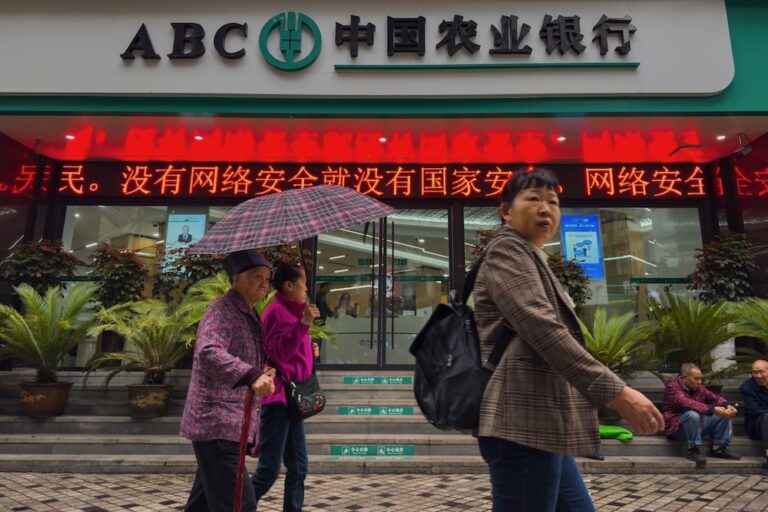(CPJ/IFEX) – CPJ welcomed the release on 16 November 1997 of Chinese writer and leading dissident Wei Jingsheng as a positive development for journalists and writers in China. **Updates IFEX alerts of 28 and 21 October, 29 August, 1 July 1997 and others** “Obviously, this is good news and the Chinese government is to be […]
(CPJ/IFEX) – CPJ welcomed the release on 16 November 1997 of
Chinese writer and leading dissident Wei Jingsheng as a positive
development for journalists and writers in China.
**Updates IFEX alerts of 28 and 21 October, 29 August, 1 July
1997 and others**
“Obviously, this is good news and the Chinese government is
to be congratulated for finally heeding the many calls for Wei
Jingsheng’s release from prison but we hope that it will be
followed by further improvements,” said A. Lin Neumann, CPJ’s
Asia Program Coordinator. “The irony is that a great nation like
China felt it had to exile Wei rather than release him outright
so that he could live and write in China freely. It is difficult
to understand how a peaceful writer who advocates democracy
constitutes a threat to the Chinese nation.”
In the aftermath of Wei’s release on medical grounds and
subsequent exile to the United States, CPJ praised both the
Clinton administration, for its constructive engagement on human
rights with China, and the broad coalition of human rights
organizations which have consistently pressured Beijing to
release its political prisoners. “Coming so soon after the visit
of Jiang Zemin to the United States, we assume the release of Wei
is a sign of positive linkage emerging from the visit,” Neumann
said.
CPJ noted that at least 15 other journalists remain in jail
in China for practicing their profession and that countless
others have been silenced by fear or direct censorship. “The
cases of Wei Jingsheng and many others show just how far China
has to go before it can be said to be practicing even the most
minimal international standards of press freedom,” said Neumann.
“Without a free press, China will always be outside the community
of modern nations.”
Background Information
Wei Jingsheng was serving a 14-year sentence in a labour camp at
the time of his release. Now 47 and in ill-health, Wei was first
imprisoned in 1979 as a result of his participation in the
Democracy Wall Movement. He was released briefly in 1993 before
being rearrested in 1994. He is the former co-editor of the
pro-democracy journal “Tansuo” (“Explorations”). Wei’s landmark
essay, “The Fifth Modernization” called on Chinese leaders to add
a fifth component to the “four modernizations” of Deng Xiaoping:
democracy. (See Ifex alerts)


